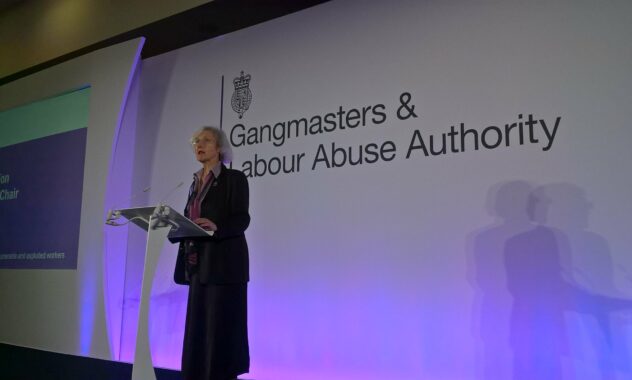Probation staff face unreasonable workloads, inadequate training and poor working conditions, Inspectorate finds
A report published this week by Her Majesty’s Probation Service Inspectorate has criticised the National Probation Service for its management of staff and their working conditions.

The Inspectorate reported that 60% of probation officers are faced with an “unreasonably high” workload “over the 100% target level” and 30% were struggling with workloads over 120%.
This problem has arisen due a “critical shortage” of staff, the report determined, with more than 600 vacancies in June 2019 across England and Wales.
There are also too few supervisors for even this skeletal workforce, the Inspectorate said, reporting that half are in charge of between 11 and 20 people and were spread so think they were unable to do their jobs effectively. Half also revealed that they spent less than 20% of their time monitoring casework.
“Once staff have been recruited, there has been a lack of investment in their ongoing training and development, much of which is not of a sufficient standard to meet their needs,” the Inspectorate added, revealing that much of the guidance staff receive is through ‘e-training’ and brief videos.
Those that are recruited are also unrepresentative of the population they serve, with 70% of staff being female compared with 97% of the offender population being male. The service has also failed to attract a sufficient number of BAME workers.
The report also detailed a “catalogue of issues” with the buildings in which probation staff work.
“In some cases, these were unfit for purpose, with less than half of facilities maintenance jobs completed within ten days and many taking much longer,” it revealed.
Issues included faulty plumbing, broken lifts, vermin infestation and premises so old they were “unfit for purpose”.
Welcoming the report, public service union Unison said it will work with the National Probation Service to take action on the Inspectorate’s key recommendations, which included holding underperforming private contractors to account, introducing a workload measurement system to reduce workloads, and review the pay grade of victim liaison officers.
However, it also warned these measures alone would not be enough to prevent a deepening crisis in the service, especially given plans to transfer 7,000 privately employed probation officers into the State’s service in 2021.
The union called for the government to provide adequate funding to the service to ensure that the issues it faces are solved effectively.







